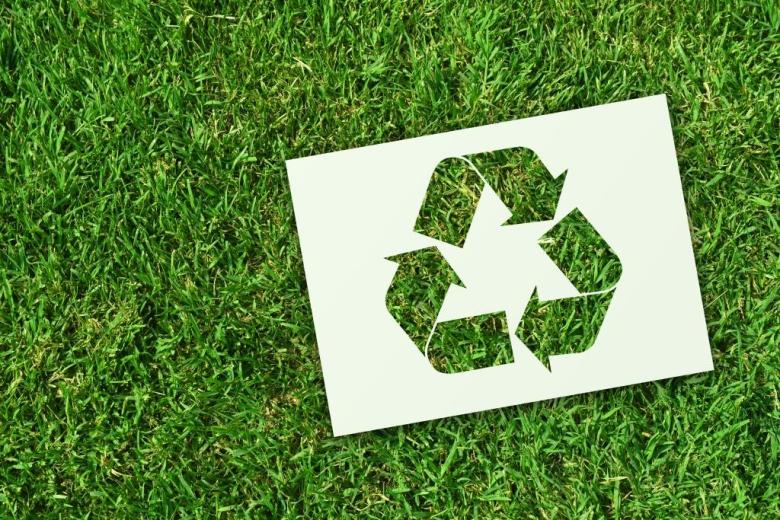
Recycled content would be a mandated component of government infrastructure projects under a new national plan put forward by the waste and recycling sectors.
Local, state and federal governments would be required to adopt “green procurement” under an action plan to reduce Australia’s export of waste and develop a domestic economy around the reuse of recycled materials.
The Waste Management Association of Australia and the Australian Council of Recycling have issued the inaugural Australian Circular Economy and Recycling Action Plan ahead of a key environment ministers’ meeting this month.
The action plan comes amid warnings that local government is scrambling to avoid a “recycling crisis” as China clamps down on accepting foreign waste, threatening to derail councils’ collection of kerbside recycling in some states.
The waste and recycling sectors said the Commonwealth could boost Australian-based manufacturing jobs by adopting the $150 million national plan, which builds on the recent efforts of state governments to address Australia’s waste issues.
Last month the NSW Government announced a $47 million recycling rescue package to enable councils to offset some of the costs associated with kerbside recycling collections and jointly invest with industry in new infrastructure, while Victoria has contributed $13 million to assist its councils.
Gayle Sloan, CEO of the Waste Management Association of Australia, said that bringing waste and resource recovery and recycling onshore would create 9.8 jobs for every 10,000 tonnes.
“We’re saying that rather than export and trade we should be taking the opportunity to bring those jobs back in to Australia, which is what Europe and China and basically every other developed nation is doing,” Ms Sloan told Government News.
According to consultants Blue Environment, Australia exported 4.2 million tonnes of recyclable materials in 2016-17, about a third of which went to China.
“Countries are using those commodities in their manufacturing base and because Australia has been getting strong prices for many years … we haven’t grown the industry onshore as we could or should have, so we’ve had a bit of a reliance on that export market,” said Ms Sloan.
“We need to build our own resilience and bring those jobs and opportunities back into Australia now.”
The new action plan details a range of short, medium and long-term plans, including:
- a national recycling monitoring system to benchmark performance
- removing “artificial” barriers to waste products being sent for recycling
- mandating sustainable packaging requirements for all products sold in Australia
- requiring producers to design for and contribute to waste reduction and product recyclability in their products and packaging
- labelling products with recycled content.
“States acting in their own directions doesn’t make sense; this is an opportunity for Australia to come together,” Ms Sloan said. “While policy for regulating waste and resource recovery resides predominantly with the states we need a consistent national vision as to how we move forward.”
She pointed to the European Union and the US where broad approaches to boosting jobs and investment in the circular economy are agreed to and implemented at the state level.
The Commonwealth Government’s 2009 waste strategy detailed a number of elements which had not yet been enacted, such as green procurement in government, Ms Sloan said.
“If local, state and federal government started using recycled content in things like roads, playgrounds and parks, then that would address a lot of the glass challenges we’re having currently. They can show real leadership in this space,” she said.

At the moment the whole process of kerbside recycling lacks proper transparency, even if residents actively recycle most have no idea what happens to their waste or where it ends up.
I think its time that Councils collectively take the bull by the horns and take responsibility for the processing of recycled waste and put some public confidence into recycling.
Rather than waste becoming a cost on Councils it should become a resource that Councils can make money from.
The Federal Government needs to be introducing legislative reforms similar to Europe where manufacturers and retailers become responsible for the packaging of the products they make and sell, this way we would motivate companies to reduce wastefull packaging.
As well as education we need incentives and penalties that reward those residents who reduce their waste and penalize those who do the wrong thing.